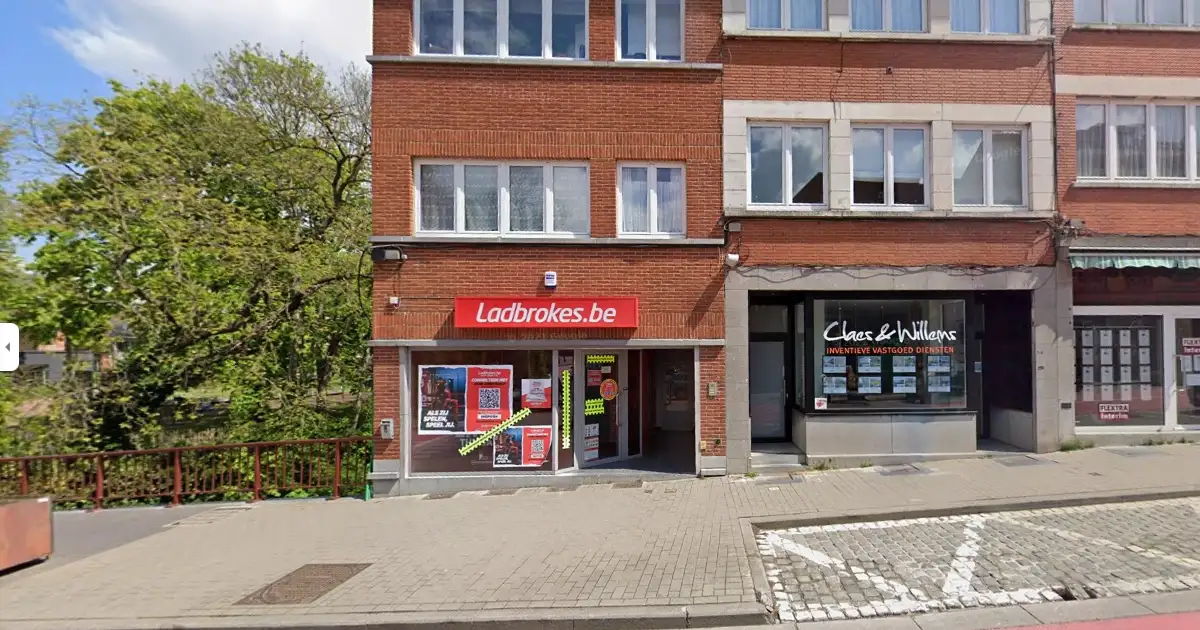Halle bans new gambling establishments
The City of Halle, in Belgium, takes a radical decision by banning new gambling establishments, but opts for continuity for existing operators.
Restriction of new establishments
The Halle municipal council recently decided to stop granting new licenses to betting houses and casinos on its territory. The measure follows the trend of several other Belgian cities, such as Genk, Maasmechelen and Leuven, which have already implemented similar bans.
Current operators remain in place
Unlike other municipalities, Halle has chosen a nuanced approach. Existing operators, such as Ladbrokes and Napoleon Games, are allowed to continue operations. In fact, their licenses will be renewed despite their proximity to a school. Mayor Marc Snoeck (Vooruit) explains: “We believe that a betting shop on Basiliekstraat and a casino on Bergensesteenweg are sufficient for our city.”
Justified exemption
Although this decision may seem controversial due to the proximity of the establishments to a school, the municipal council justified its choice by highlighting the absence of complaints over the years. Despite the disagreement of the opposition (N-VA, Vlaams Belang, Halle 2019), the licenses were renewed. Marc Snoeck states: “During all these years of activity of these two establishments in Halle, there have never been any complaints, neither from neighbors, nor from schools, nor from the police. This is why we have renewed their licenses. But we will now refuse new requests.”
A controversial approach in the European landscape
The municipal council, by extending the existing licenses, affirms that these establishments have not caused any notable problems. However, this approach raises concerns, as it could go against the general trend in Belgium to further restrict the gaming industry for social protection reasons.
This measure comes in a broader context where several European cities are seeking to further regulate or restrict gambling operations within their territory for a variety of reasons, ranging from protecting players to managing the often controversial nature of this industry.


